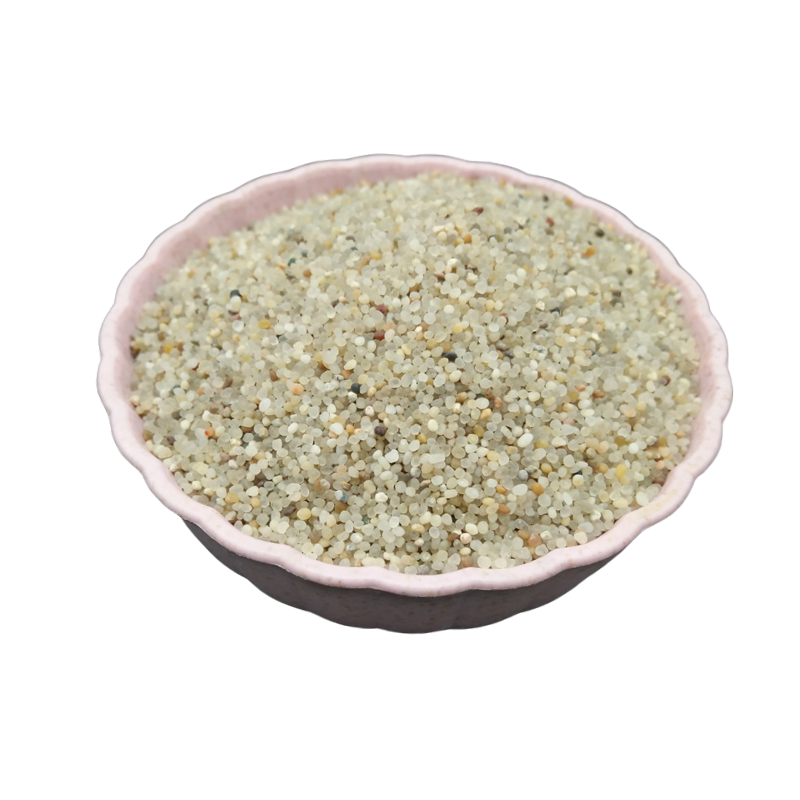
China Manufactured Zeolite Pellets for Industrial and Environmental Applications
The Emerging Role of China Zeolite Pellets in Industry
Zeolites are microporous, aluminosilicate minerals widely used in various industrial applications, including catalysis, adsorption, and ion-exchange processes. Among the various forms of zeolites, zeolite pellets have gained significant attention for their unique properties and advantages, particularly in China. This article will explore the production, applications, and future prospects of China zeolite pellets.
Production and Characteristics
China is one of the leading producers of natural zeolite resources, with abundant deposits located in regions such as Inner Mongolia, Shanxi, and Henan. The production of zeolite pellets involves the calcination of natural zeolite, followed by pelletization. This process enhances the physical properties of zeolites, such as porosity, surface area, and mechanical strength, making them suitable for a wider range of applications.
Zeolite pellets exhibit excellent thermal stability and chemical resistance, which are critical for industrial processes. The porous structure of zeolite increases its surface area, allowing for heightened adsorption capabilities. This is particularly advantageous in applications like wastewater treatment, where pollutants such as heavy metals and organic compounds can be effectively captured. Moreover, the pellet form allows for easier handling and transportation compared to powdered zeolites, making them a practical option for various industries.
Diverse Applications
The applications of China zeolite pellets are vast and varied. One of the primary uses is in agriculture, where they serve as soil conditioners and fertilizers. Zeolites improve nutrient retention in soil, enhancing plant growth and boosting crop yields. Their ability to hold water also contributes to more efficient irrigation practices, particularly in arid regions.
china zeolite pellets

In the construction industry, zeolite pellets are increasingly utilized as additives in cement and concrete. They improve the strength and durability of these materials while reducing environmental impact by decreasing carbon emissions during production. This aligns with global efforts to adopt more sustainable building practices.
Another significant application of zeolite pellets is in the realm of air and water purification. Their adsorption properties make them effective in removing contaminants, odors, and toxins. For instance, zeolite pellets are used in air filters to capture harmful gases and improve indoor air quality. In water treatment facilities, they aid in the removal of ammonium ions and other pollutants, contributing to cleaner water sources.
The pharmaceutical industry is also starting to explore the potential of zeolite pellets in drug delivery systems. The high surface area and tunable pore sizes allow for the encapsulation of medications, enabling controlled release and targeted delivery. This innovation could lead to enhanced therapeutic outcomes and reduced side effects.
Future Prospects
As global demand for eco-friendly and sustainable materials rises, the future of China zeolite pellets appears promising. Research and development are ongoing to enhance their properties and expand their applications further. Innovations in nanotechnology and material science may lead to the production of customized zeolite pellets designed for specific industrial needs.
Moreover, the growing awareness of environmental issues and the need for sustainable practices will likely drive more industries to adopt zeolite pellets in their processes. This transition not only supports the green economy but also positions China as a key player in the global zeolite market.
In conclusion, China zeolite pellets are emerging as a vital resource across various sectors due to their unique properties and environmental benefits. Their production is set to expand, driven by technological advancements and increasing demand for sustainable solutions. By harnessing the potential of zeolite pellets, industries can achieve both economic and ecological gains, paving the way for a more sustainable future.
Share
-
Premium Pigment Supplier Custom Solutions & Bulk OrdersNewsMay.30,2025
-
Top China Slag Fly Ash Manufacturer OEM Factory SolutionsNewsMay.30,2025
-
Natural Lava Rock & Pumice for Landscaping Durable Volcanic SolutionsNewsMay.30,2025
-
Custom Micro Silica Fume Powder Manufacturers High-Purity SolutionsNewsMay.29,2025
-
Custom Mica Powder Pigment Manufacturers Vibrant Colors & Bulk OrdersNewsMay.29,2025
-
Custom Micro Silica Fume Powder Manufacturers Premium QualityNewsMay.29,2025






